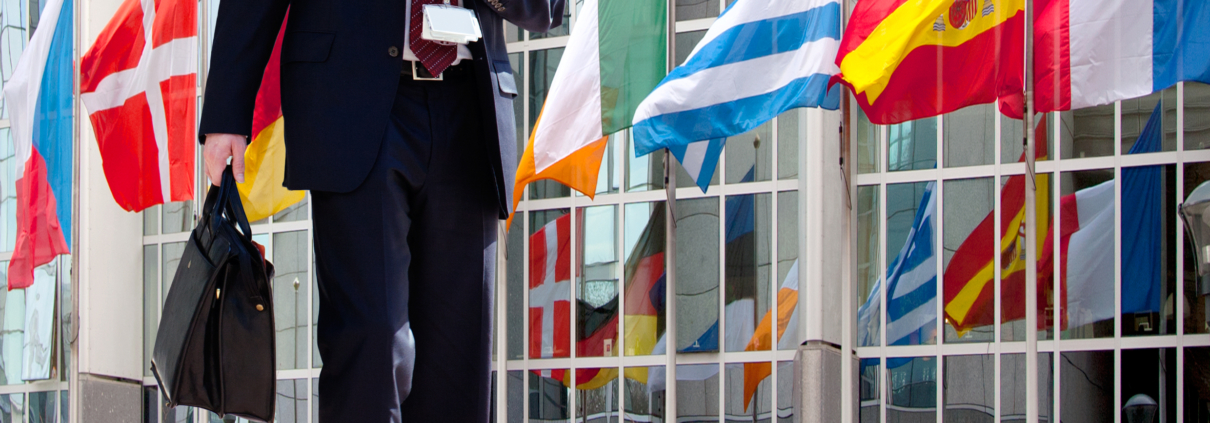EU Opening for Vaccinated Travelers
(May, 2021)
Ambassadors from the 27 European Union nations agreed to open EU borders to vaccinated travelers, including Americans, as early as next week. The proposal also includes entry from EU-recognized safe countries for both vaccinated and unvaccinated travelers.
This easing of travel restrictions comes after more than a year of severely restricting entry, and is only pending formal approval by national leaders.
The easing of restrictions is based upon travelers who have been vaccinated by an “EU authorized vaccine” which includes vaccinations produced by AstraZeneca, Johnson & Johnson, Moderna and Pfizer. The proposal offers countries, on an individual basis, to consider if they will admit travelers who have received World Health Organization-recognized emergency use vaccines such as China’s Sinopharm.
Proof of Vaccination
Which forms of vaccination proof will be accepted remains unclear, and discussions are underway between the EU and the United States to determine whether the paper vaccination certificates issued to the U.S. residents will be sufficient proof of vaccination. Challenges remain as to the vulnerability of fraud. The EU residents reportedly will be issued digital certification of vaccination by sometime in June.
Country-Specific Quarantine Requirements
Although allowing entry, this agreement does not currently override specific country restrictions including quarantine guidelines, even with vaccination status. For example, Belgium and France currently require seven days’ quarantine for all new arrivals. As the policy framework takes hold, it is expected the proposal will include a plan to sweep away those rules.
Britain, which is no longer a member of the EU, has a separate set of rules with no special treatment yet for vaccinated travelers. A traffic-light system sets out requirements based on the risk presented by different countries. Americans can travel to Britain, but they must quarantine for at least five days.
Europe’s Vaccination Campaign
The EU’s prior concern about granting entry for vaccinated foreigners was due to the lagging of available vaccines for their own population. Fortunately, the pace of vaccinations across the Union has accelerated and expects to match the U.S. by July.
One third of all EU residents have now received at least one dose of a vaccine, compared to 48 percent of U.S. residents. Within the Union, Mediterranean countries have pushed hardest to find a way to reopen, as many are heavily dependent on tourism.
What to Expect
We fully expect an evolving and fluid shift to the reopening of the European Union based upon individual country requirements for negative PCR test specific quarantines. It is also anticipated this policy may encourage the U.S. to review a plan and timetable to safely reopen its borders.
To protect the EU population, tourists and business travelers, it is fully expected the final policy will include an “emergency-brake” option, that will allow it to quickly snap back to more restrictive travel conditions if a threatening new variant or other covid-19 emergency occurs.




Leave a Reply
Want to join the discussion?Feel free to contribute!